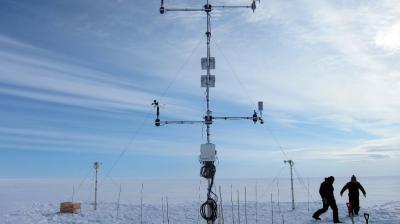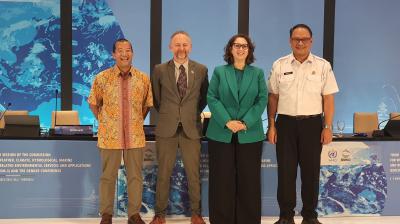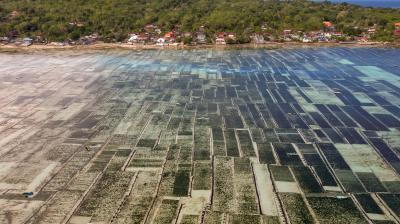International Day of Clean Air targets air pollution
The first International Day of Clean Air for blue skies is being celebrated on 7 September to boost cooperation to tackle air pollution and provide clean air for all.
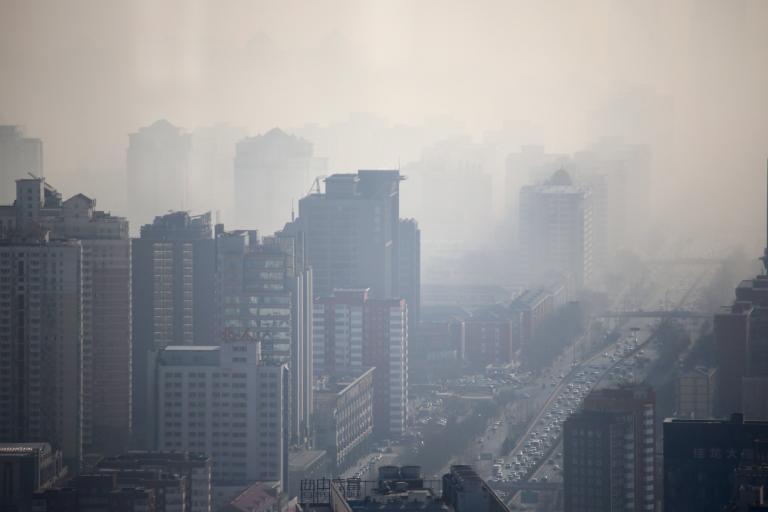
The first International Day of Clean Air for blue skies is being celebrated on 7 September to boost cooperation to tackle air pollution and provide clean air for all.
The key message is that air pollution is now the greatest environmental threat to health, but it is preventable. We have the solutions and technology to change this. To improve our air quality we need everyone on board –from individuals to private companies to governments.
“Around the world, nine out of every ten people breathe unclean air. Air pollution contributes to heart disease, strokes, lung cancer and other respiratory diseases. It causes an estimated 7 million premature deaths every year, predominantly in low- and middle-income countries. Air pollution also threatens the economy, food security and the environment, said UN Secretary-General António Guterres.
“As we recover from the coronavirus pandemic, the world needs to pay far greater attention to air pollution, which also increases the risks associated with COVID-19,” he said.
Evidence indicates population exposure to air pollution, in the form of fine particulate matter, affects the severity of COVID-19 symptoms, according to a statement issued at the end of a virtual symposium on climatological, meteorological and environmental factors in the COVID-19 pandemic, co-organized by WMO from 4-6 August.
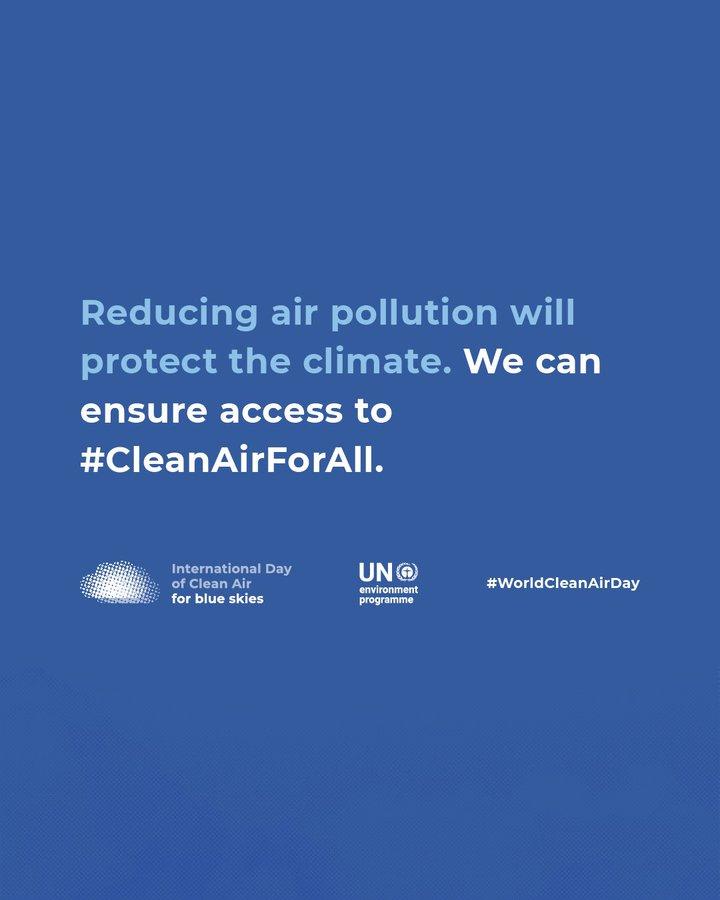
The outcomes document said that this information should be considered when assessing and responding to patterns of COVID-19 vulnerability. Impacts of other air quality parameters are less clear, and the role of air quality in transmission rates is still under investigation.
WMO continuously works toward enhanced availability and quality of observations of several important air pollutants such as black carbon, tropospheric ozone,atmospheric dust through the Global Atmosphere Watch programme to support evidence-based policy on the environment. WMO Members are working on development of the forecasting systems that can help reduce acute air pollution episodes. WMO also leads global research and strengthens scientific knowledge on connections between air quality and climate and develop the science-based tools to support policy-making on air pollution and climate change mitigation.
Combating air pollution is one of the priorities of the WMO-World Health Organization Joint Office on Climate and Health and WMO has signed up to the global commitment to reduce deaths due to air pollution by two thirds by 2030. WMO Congress in 2019 approved a five year plan to improve the sustainable provision of integrated urban and health services, with a focus on air quality.
The WMO Global Atmosphere Watch initiated the Global Air Quality Forecasting and Information System (GAFIS) initiative which builds a platform for providers and user of air quality forecast and information systems. It will enable access to, and use of, air quality prediction and analysis products at various temporal and spatial scales by diverse community interested in air quality.





